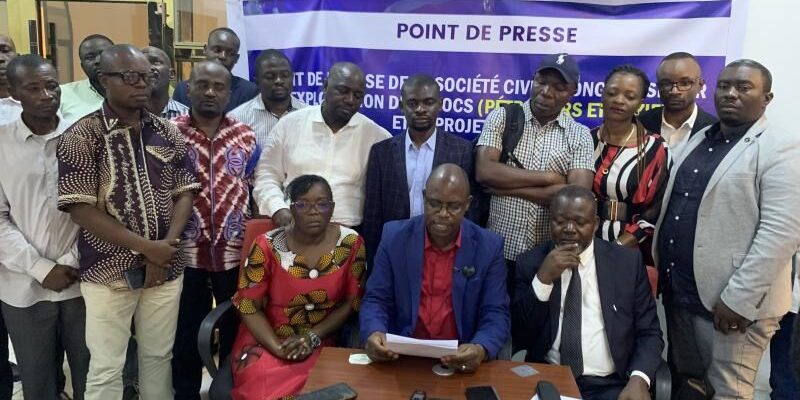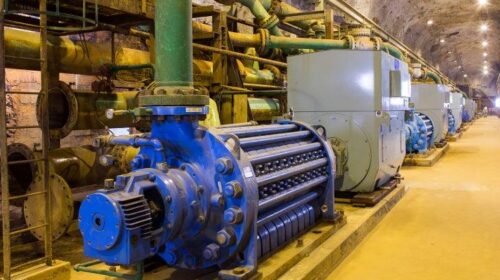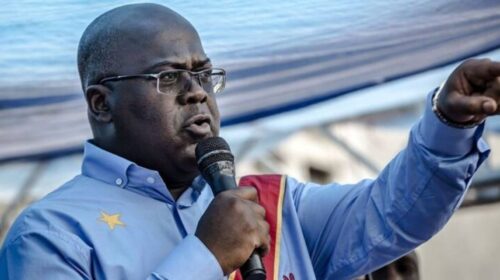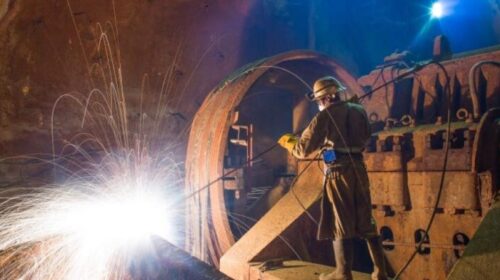Civil society opposes exploitation of Congolese oil and gas blocks in energy transition
Several civil society organizations in the Democratic Republic of Congo (DRC) are taking a firm stand on environmental issues and sustainable development.
In a recent development on Tuesday, May 29, these organizations signed a memorandum addressed to President Félix Tshisekedi, urging him to reconsider the exploitation of Congolese oil and gas blocks. The memorandum, supported by scientific studies and reports, highlights the negative implications of such exploitation.
The global shift towards renewable energy in the energy transition calls for a departure from polluting energy sources. Consequently, the DRC’s engagement in oil exploitation would not serve its interests, as the world increasingly moves away from fossil fuels. Fossil fuels, including oil, gas, and coal, are significant contributors to greenhouse gas emissions and climate change.
The memorandum titled “Four major reasons for not exploiting Congolese oil and not taking part in the EACOP project” implores the Congolese government, through President Tshisekedi, to halt the bidding process for oil and gas blocks and discontinue investment in the East Africa Pipeline (EACOP) project.
The four reasons outlined in the memorandum are the gradual phasing out of fossil fuels in favor of renewable energy over the next 25 years, the ecological sensitivity of the DRC’s oil and gas blocks to both the country and the world, the potential loss of employment opportunities for the predominantly unemployed youth, and the global controversy surrounding the EACOP project.
The memorandum has been signed by ten organizations, including the Ituri Civil Society Consultation Framework on Natural Resources (CdC/RN), Congolese Alert for the Environment and Human Rights (ACEDH), Initiative for Local Development, Actions for the Promotion and Protection of Threatened Peoples and Species (APEM), Coalition of Civil Society Organizations for the Monitoring of Reforms and Public Action, Save Virunga, Observatory for Studies and Support for Social and Environmental Responsibility, Initiative for Good Governance and Human Rights, Justice for All, and Congolese Center for Sustainable Development.
Oil and gas block exploitation has faced delays since the bidding process was launched in July 2022, with subsequent postponements due to waning investor interest.
Potential investors are concerned about stranded assets, where projects become unprofitable and experience write-downs, especially in the face of declining demand for hydrocarbons. With technical data already available for the sedimentary basins of the central basin, coastal regions, and the Graben of Tanganyika, the bidding process is scheduled to commence on July 28 to 29 of this year.
The Minister of Hydrocarbons highlights the urgency for exploration, as only 4.5% of the country’s hydrocarbon potential has been exploited thus far.
However, the memorandum argues that pursuing oil exploitation poses risks to future generations and would adversely affect the population’s livelihoods, economy, and environment.
Additionally, the organizations discourage the Congolese government’s involvement in the controversial East African Crude Oil Pipeline (EACOP) project, which aims to transport hydrocarbons from East Africa to international markets.
Instead, they advocate for exploring feasible alternatives to fossil fuel exploitation and developing partnerships aligned with the Paris Climate Agreement, offering better social and economic outcomes for the DRC and its population.
While Tanzania has approved the construction of the $3.5 billion oil pipeline, environmental activists have voiced recurring criticism of the project.
The pipeline, spanning approximately 1,500 kilometers, will connect deposits from Lake Albert in western Uganda to the Tanzanian coast on the Indian Ocean. Despite shared oil fields with Uganda, the DRC’s involvement in the project is discouraged by the signatories of the memorandum, citing adverse environmental impacts and detrimental economic consequences.
The DRC possesses significant potential in renewable energy sources such as hydroelectricity, wind, and solar power. By prioritizing their development, the country can position itself as a global leader in the energy transition.
Expanding into sectors like hydrogen production and battery technology can help replace fossil fuels in transportation. The city of Moanda serves as an example, demonstrating that oil exploitation has not brought meaningful development to the DRC. With a high unemployment rate, inadequate infrastructure, and environmental degradation, the negative impact of oil extraction is evident.
The DRC has the opportunity to harness its abundant resources to foster sustainable growth, promote job creation, and protect the environment. By embracing renewable energy and exploring alternative sectors such as agriculture and tourism, the country can chart a path toward a prosperous and sustainable future.
![]()





